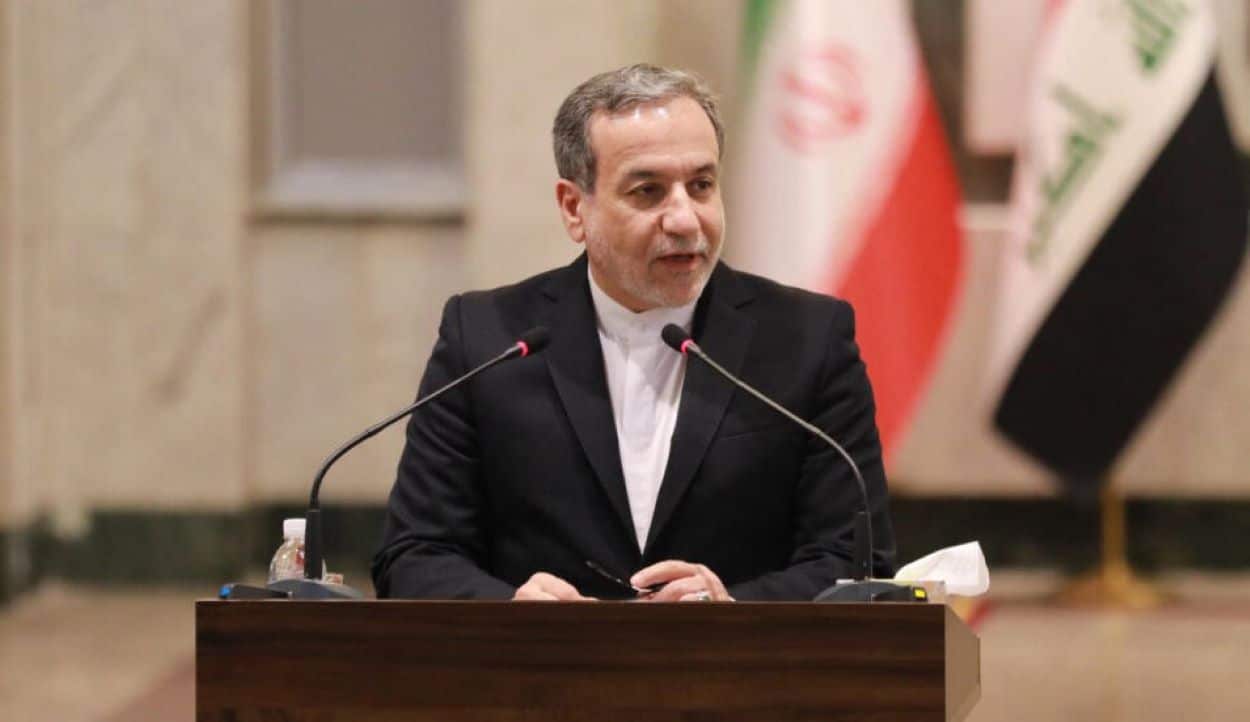On June 26, 2025, Iran’s Foreign Minister Abbas Araghchi firmly rejected rumours of resuming nuclear talks with the United States, following U.S. airstrikes on Iran’s nuclear facilities. Speaking on state television, Araghchi dismissed U.S. President Donald Trump’s claim of scheduled negotiations, stating no agreements or discussions had occurred. Consequently, Iran’s decision to halt cooperation with the International Atomic Energy Agency (IAEA) and its sharp rebuke of U.S. actions signal heightened tensions, despite a fragile ceasefire with Israel.
On June 21, the U.S. launched strikes targeting Iran’s nuclear sites at Fordo, Natanz, and Isfahan, utilising 14 GBU-57 bunker-buster bombs and Tomahawk missiles. Former President Trump claimed that the attacks “obliterated” Iran’s nuclear program, a statement that was echoed by Israeli Prime Minister Benjamin Netanyahu, who described it as a “historic win.” However, Iran’s Supreme Leader, Ayatollah Ali Khamenei, characterised the damage as “insignificant,” calling the strikes a failure for the U.S. Additionally, Iranian official Abbas Araghchi acknowledged that there was serious damage but noted that assessments were ongoing, contradicting Trump’s assertions.
Pres. Trump claimed "total obliteration" of Iran's nuclear program, dismissing a Pentagon intelligence report that it was set back by only a few months. Trump also said the U.S. will resume talks with Iran. @marykbruce reports. https://t.co/VZdAP4tuid pic.twitter.com/Bk4rczj3jH
— World News Tonight (@ABCWorldNews) June 26, 2025🕊️🇮🇷 Iran Rules Out U.S. Talks Amid Nuclear Site Strikes
Full Story → https://t.co/rrT9Dlggre
Foreign Minister Araqchi says no planned U.S. meeting, challenging Trump’s next-week talks claim.
Tehran weighing its interest after five short-lived negotiation rounds disrupted by… pic.twitter.com/71hrwE81S0
— PiQ (@PiQSuite) June 26, 2025U.S. and Israeli Perspectives
U.S. officials, including CIA Director John Ratcliffe and Pentagon Chief Pete Hegseth, insisted that the strikes caused significant damage, requiring years to rebuild, according to The Washington Post. Yet, a leaked Defence Intelligence Agency report suggested only a months-long setback, with 400 kilograms of enriched uranium potentially relocated, per The New York Times. Netanyahu asserted that Israel's earlier strikes, beginning on June 13, had already postponed Iran's nuclear ambitions, whereas Trump's intervention intensified the conflict. The ceasefire, announced on June 24, remains fragile as Iran promises retaliation.
Read: Trump Denies Iran Moved Enriched Uranium Before U.S. Strikes, Claims Success
The strikes, killing 627 Iranian civilians per Iran’s health ministry, have drawn global criticism. European leaders, such as UK Prime Minister Keir Starmer, urged diplomacy, while Russia’s Vladimir Putin, meeting Araghchi in Moscow, condemned the U.S. actions, The Guardian reported. Iran’s threat to close the Strait of Hormuz, a key oil route, raised fears of economic disruption, with Brent crude rising to $80.28 per Reuters. As Iran weighs its response, the risk of escalation looms, testing the durability of the ceasefire and global stability.






